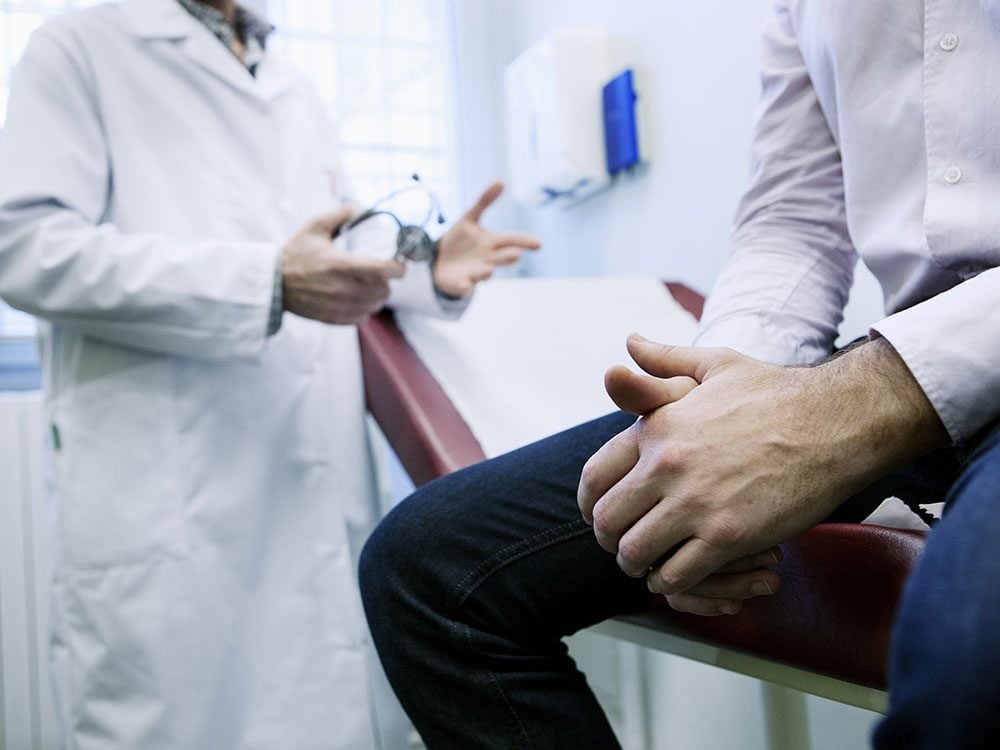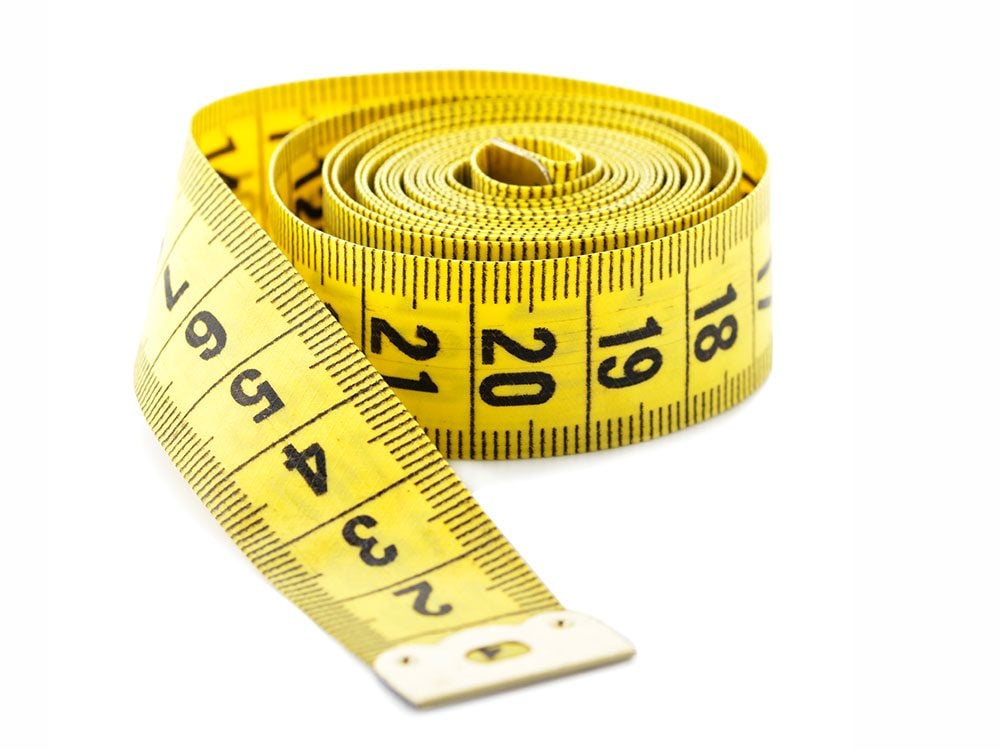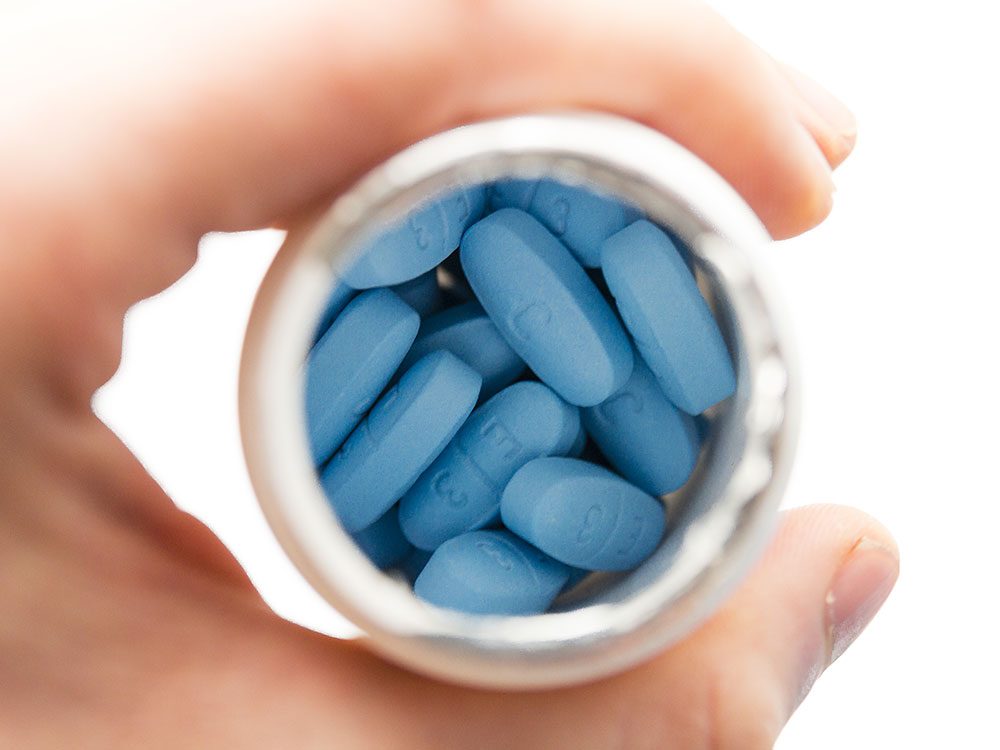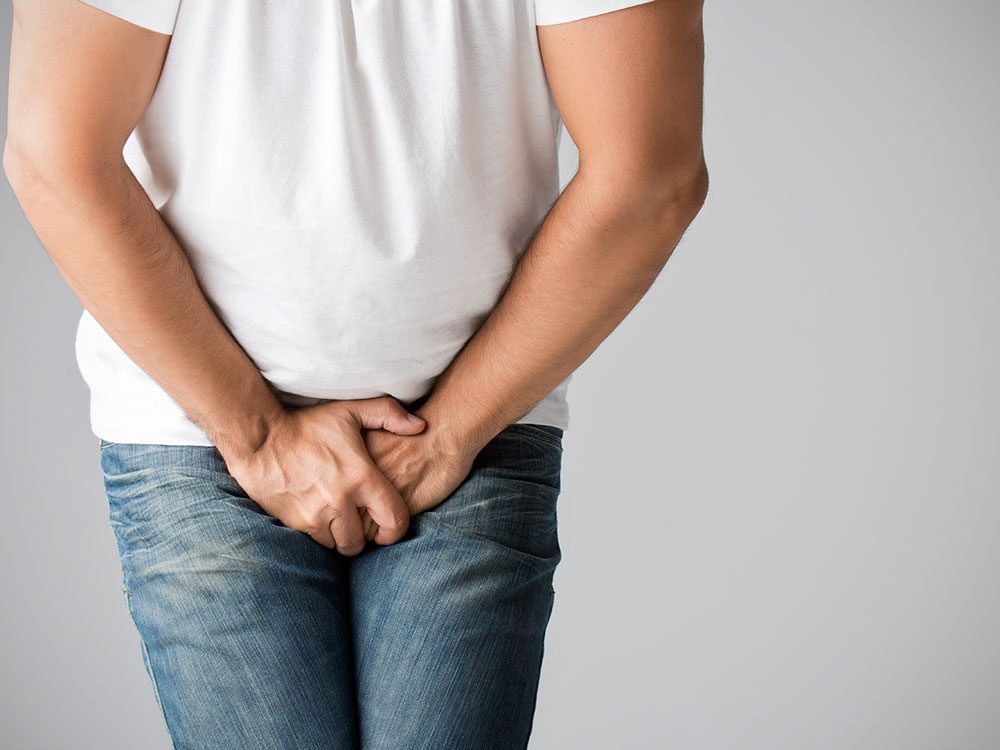
What Urologists Want Men to Know
For most guys, it’s uncomfortable thinking about erectile dysfunction, let alone discussing it with a doctor. But, according to Dr. Stacy Elliott, that reluctance to address potential problems “down there” comes at a cost. “Men should pay attention to their sexual health,” says Elliott, who is a Sexual Medicine Physician and Clinical Professor at the University of British Columbia. “All too often, they either try to fix it quietly on their own or suffer with it unnecessarily.” To save you any potential embarrassment, we went straight to the urologist to find the answers to everything you ever wanted to know about men’s sexual health—but were afraid to ask.

Erectile Problems are More Common Than You Think
Think you’re the only guy struggling with, erm… Performance issues? Think again. Erectile dysfunction and premature ejaculation are common conditions among men of all ages. In fact, in a study of 4,000 men, nearly half were found to suffer from erectile dysfunction, leading researchers to believe it impacts roughly 3-million Canadian men over the age of 40. The real problem, says Dr. Elliott, is that men typically don’t seek help soon enough and suffer in silence. A doctor can help you not only fix these issues, but also address the underlying causes—an important distinction, as erectile problems aren’t always physical.
Here’s what you should know about sex after 50.

Low Sex Drive Doesn’t Necessarily Mean Low Testosterone
According to Dr. Elliott, a man’s sex drive is a combination of biological and psychological factors. Although these factors include testosterone, they also reflect your overall health, your fitness level and your self-perception. “We also look at depression and relationship issues which can prevent the person from being sexual,” Dr. Elliott says.
Learn to spot the signs you could be suffering from high-functioning depression.

An App Can Help You with Premature Ejaculation
Prone to premature ejaculation? Believe it or not, there’s an app for that, and it’s got Dr. Elliott’s seal of approval. PEA (yes, that’s an acronym for Premature Ejaculation App) is an app that serves as your virtual sex therapist, teaching behavioural techniques ranging from arousal control to kegel exercises, and provides charts to help you track your progress.
Psst—this is the worst time of day to have sex.

Kegels Can Change Your Sex Life
You’ve probably heard of kegel exercises for women, but according to Dr. Elliott, they’re great for men too. The next time you have to pee, try stopping and starting the flow of urine. In doing so, you’re exercising the muscles that hold your urine back, known as pubococcygeus (PC) muscles. Strong PC muscles can help with a whole host of sexual performance issues, including premature ejaculation and erectile dysfunction. Oh, and they can result in stronger orgasms, too.

Don’t Go on “Penis Watch”
It’s totally normal to have a night where your guy didn’t feel like showing up. According to Dr. Elliott, virtually every man experiences difficulty sustaining an erection at one point or another. The worst thing you can do is to go on what she calls “penis watch.” “If you’re focusing on it, and anxious about what it’s going to do, it’ll usually run away,” she says. For some men, this “penis watch” can snowball into full-blown performance anxiety.
Here’s how to rebuild self-esteem after your confidence has been shaken.

Penis Sizes Vary Quite a Bit
Worried about how you measure up? It’s a big issue for many men, so much so that professional urological surgeon association, BJU International, took to measuring more than 15,000 men to compile data for what constitutes a “normal” penis size range. The study found that the average penis length is 5.17 inches (13.13 centimetres) erect and 3.61 inches (9.17 centimetres) flaccid. Try not to get caught up on the numbers game, though: Dr. Elliott is quick to point out that neither length nor girth are any indications of sexual ability or drive.

Be Skeptical of Miracle Aphrodisiacs
The cure for your erectile dysfunction won’t be found on those late night television commercials hocking “all-natural” libido boosters. Although it might seem easier (and more discreet) to take these matters into your own hands, Dr. Elliott advises against it. Medical doctors are the only ones who can prescribe erection-boosting PDE5 inhibitors like Viagra, Levitra and Cialis. “There isn’t any oral medication you could take that beat those pills,” Dr. Elliott says.

Men Can Get Urinary Tract Infections Too
Do you have the frequent urge to pee? Is it painful? Is there blood in your urine? Although they’re relatively rare, Dr. Elliott says it’s not impossible for men to develop urinary tract infections. Men have longer urethras (the tube that moves urine and semen through the penis) than women, which is why it’s quite unusual, as it means bacteria tends to get flushed out by urination before any bugs can get into the bladder. Symptoms include the frequent urge to urinate, pain with urination and sometimes blood in the urine, says Dr. Elliott.
Here’s what it could mean if you’re always waking up at night to pee.

See a Doctor You’re Comfortable Speaking With
It’s important to have an open dialogue with your doctor about your health—including issues you may be uncomfortable with, and parts of the body you rarely refer to by their, erm… proper names. “Some men prefer female doctors because there isn’t that competitive masculine thing,” explains Dr. Elliott. “Other men don’t want to see a woman because they’re embarrassed.” What’s important to keep in mind, she says, is that your doctor isn’t there to judge, but to help.

Blood in Your Urine is Not Normal
If you spot blood in your urine once, it’s possible that it was merely down to a broken blood vessel in your urethra. However, if you’re consistently seeing blood in your urine, schedule a checkup with a urologist—stat. According to Dr. Elliott, blood in the urine could be a symptom of anything from bladder or kidney stones to bladder cancer.
Here are 20 more symptoms you should never ignore.

Get Health Information from Reliable Sources
Google puts so much health advice at your fingertips, it can be not only overwhelming, but also a minefield of false claims and misinformation. “Don’t get derailed by websites looking to sell something,” warns Dr. Elliott. The key, she says, is to approach online health information with a critical eye. Is the information from a credible source, such as a professional organization like the Canadian Urological Association and the Sexual Medicine Society of North America, for instance? Does it cite recent studies published in medical journals?

A Lump Doesn’t Necessarily Mean Testicular Cancer
Although it’s a good idea to note any unusual lumps, swelling or pain in the testicles, these symptoms aren’t enough to warrant a cancer diagnosis. According to the Canadian Cancer Society, although testicular cancer is the most common cancer among Canadian men aged 15-29, it’s still comparatively rare, comprising just 1% of all male cancers. Regardless, any change in the condition or sensitivity of your testes should be examined by a doctor.
Check out the signs of cancer men are most likely to ignore.

What’s Good for Your Heart is Good For Your Penis
Heavy smoking, excessive consumption of alcohol and being overweight are not only bad for your overall health, they also directly impact your sexual health. To maintain healthy blood vessels in both the heart and the penis, Dr. Elliott recommends engaging in regular exercise and following a nutritious diet. These healthy lifestyle changes can help decrease the risk of plaque build-up, improving your heart rate and cardiovascular function.
Here’s expert advice on how to reverse heart disease.